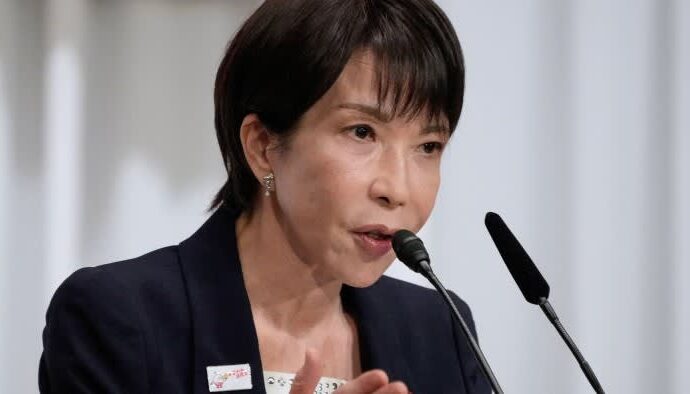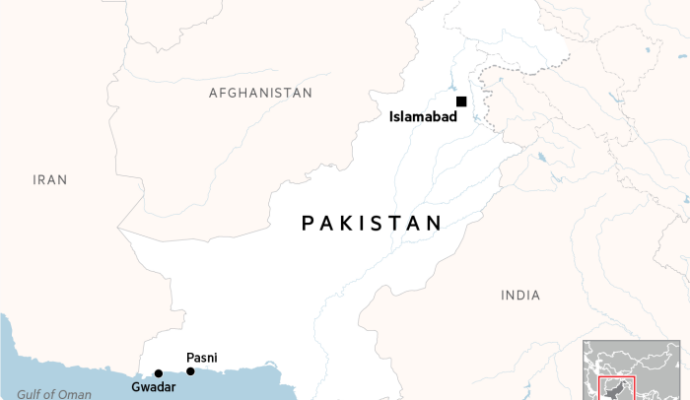
Kim Il-sung of North Korea was another leader who acted aggressively in his later years. Emboldened by the U.S. quagmire in Vietnam and its subsequent military drawdown from Asia, he spent his third and fourth decades in power going from provocation to provocation. Between 1968 and 1988, his regime seized a U.S. intelligence ship and its crew; shot down a U.S. reconnaissance aircraft, killing all 31 aboard; tried to assassinate a South Korean president on multiple occasions and killed dozens of South Korean officials, including the first lady; bombed a South Korean airliner, killing all 115 aboard; and dug tunnels sufficient to transport 30,000 troops per hour into South Korea.
Elderly dictators rarely mellow out even when they are firmly in charge. Joseph Stalin emerged from World War II victorious in his mid-60s. Yet instead of working with his wartime allies he sought to dominate Eurasia and sent a new wave of prisoners to the gulag. Leonid Brezhnev initially pursued détente with the West. But in his second decade in power, the ailing Soviet leader took a more hostile stance, promoting Communist revolutions around the world, invading Afghanistan in 1979 and deploying advanced nuclear-tipped missiles aimed at Western Europe while awarding himself a chest full of medals.
Aging autocrats generally don’t change tack unless compelled to. Mao sought rapprochement with the United States only after the 1969 Sino-Soviet border conflict made it clear that China needed U.S. help to counter Moscow. Colonel Muammar el-Qaddafi gave up his weapons of mass destruction in 2003 due to various factors, including pressure from the United States. The Chinese Nationalist generalissimo Chiang Kai-Shek and the South Korean strongman Syngman Rhee grudgingly suppressed their yearnings to conquer China and the Korean Peninsula, respectively, in part because they feared the United States would abandon them.
Which brings us back to Mr. Xi and Mr. Putin.
Rather than easing toward retirement, both men have aggressively asserted vast territorial claims, implemented mass military mobilizations, strengthened ties with illiberal regimes like North Korea and Iran and built up their cults of personality. After invading Ukraine, Mr. Putin explicitly compared himself to Peter the Great, the modernizing conqueror who founded the Russian empire, while Chinese Communist propaganda describes Mr. Xi as the culmination of a glorious trinity: Under Mao, China stood up; under Deng Xiaoping, China grew rich; and under Xi, China will become mighty.
Both have made plain their ambitions to redraw the map of Eurasia. Mr. Putin says Ukraine doesn’t exist as an independent country and has implied that Moscow should reunite the “Russian world” — an area that roughly maps the old Soviet borders. China’s claims include Taiwan, most of the South China Sea and East China Sea, and chunks of territory also claimed by India. “We cannot lose even one inch of the territory left behind by our ancestors,” Mr. Xi said in 2018.

